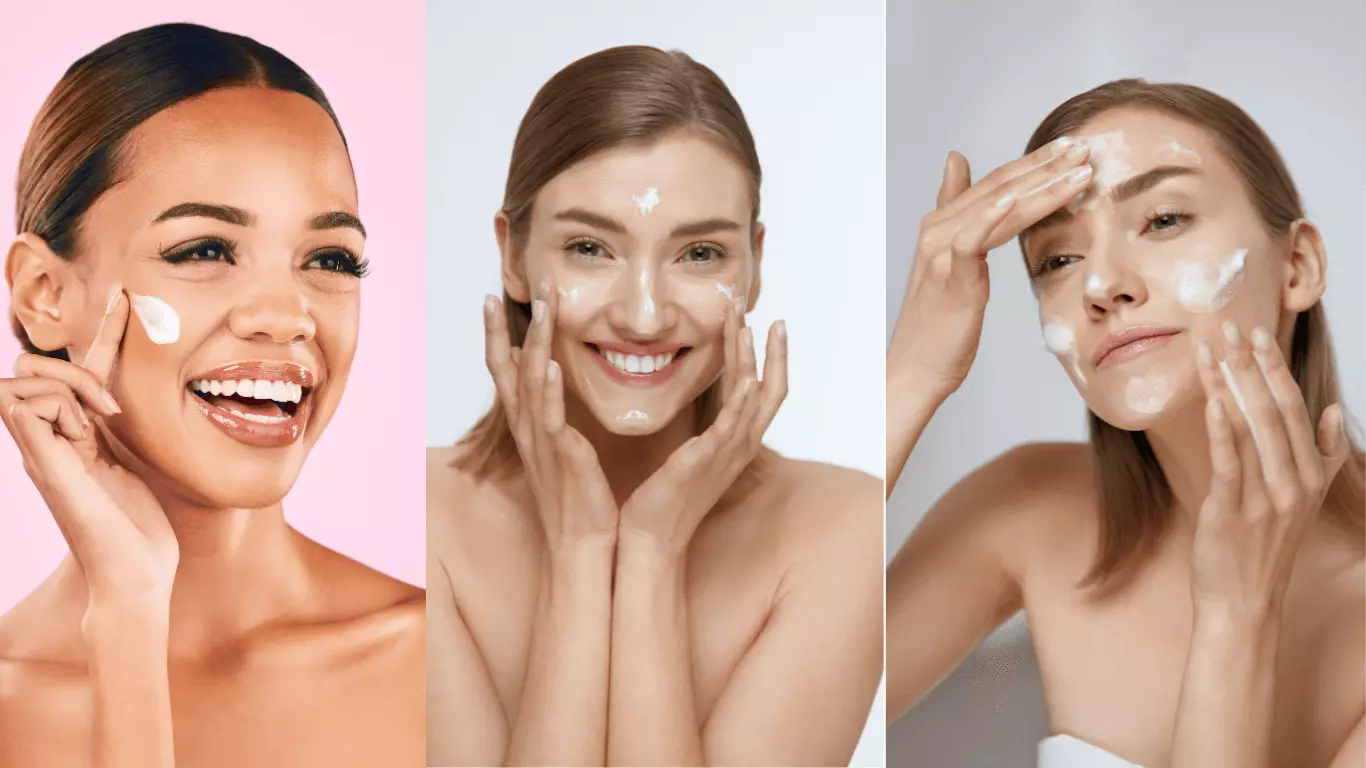Face cleansers: Elevate your skincare journey beyond product choice. Embrace holistic practices for radiant skin, inside and out. It should also be about timing. The when and how of applying facial cleansers play a pivotal role in achieving optimal results. Whether you’re a morning person or prefer a nighttime routine, understanding the nuances of each can make a significant impact on the health and appearance of your skin.
Setting the Stage: The Crucial Role of Face Cleansers
Before diving into the morning versus night debate, let’s acknowledge the essential role of face cleansers in any skincare routine. Cleansing isn’t merely about removing makeup and impurities. You can think of it as the foundation for healthy skin.
A well-chosen cleanser eliminates excess oil, unclogs pores and preps the skin to absorb the benefits of subsequent products. Understanding the optimal times to use face cleansers can elevate your skincare game, ensuring that your skin receives the care it deserves.
Morning: A Fresh Start for Your Skin
Every morning, remember that your skin could’ve been hard at work during the night, regenerating and repairing. While you may not have makeup or accumulated impurities to cleanse, using a face cleanser in the morning is still crucial. It helps remove any excess oils produced overnight and prepares your skin for the products you’ll apply afterwards.
Opt for a gentle, hydrating cleanser that invigorates your skin without stripping it of essential moisture.
Night: Unwinding and Detoxifying with Face Cleansers
The evening is the ideal time for a more comprehensive cleansing routine. Throughout the day, your skin is exposed to environmental pollutants, makeup and the natural oils produced by your skin.
A nighttime face cleanser plays a crucial role in thoroughly removing these impurities, allowing your skin to breathe and regenerate overnight. Look for cleansers with ingredients like antioxidants or soothing properties to enhance the detoxification process.
Read more: How Dermalogica Ultracalming Cleanser Transforms Your Skincare
Consider Your Skin Type and Needs
While the general guidelines suggest morning and night cleansing. It’s crucial to consider your specific skin type and needs. For those with oily or combination skin, morning cleansing helps control excess oil, while evening cleansing aids in removing accumulated impurities. If you have dry or sensitive skin, a gentle morning cleanse and a more nourishing evening cleanse may be suitable.
Read more: How to Use Exfoliating Cleanser Safely for Glowing, Healthy Skin
Tips for Optimal Results
- Morning refresh – Use a gentle, hydrating cleanser in the morning to refresh your skin without disrupting its natural balance.
- Nighttime detox – Opt for a more thorough cleansing routine in the evening, incorporating a cleanser with ingredients that support the skin’s detoxification process.
- Double cleansing – Consider double cleansing in the evening for a deeper clean. To remove makeup, begin with an oil-based cleanser. Follow it up with a water-based cleanser for a more thorough cleanse.
- Product layering – After cleansing, apply your skincare products from thinnest to thickest consistency for optimal absorption.
FAQs for Face Cleansers:
A: It’s generally recommended to cleanse your face twice a day. In the morning and evening, to remove impurities and maintain healthy skin.
A: Yes, many face cleansers are formulated for sensitive skin. Look for gentle, fragrance-free options to avoid irritation.
A: Yes, certain face cleansers contain ingredients like salicylic acid or benzoyl peroxide. It can help treat and prevent acne. Choose products tailored to your skin type.
A: Yes, many face cleansers are effective at removing makeup. Consider using a dedicated makeup remover for heavy or waterproof makeup first, followed by a cleanser.
A: Yes, it’s essential to moisturize after cleansing to maintain skin hydration. Choose a moisturizer suitable for your skin type to complete your skincare routine.
Summary
Timing is everything when it comes to skincare. The choice between morning and night face cleansing isn’t a matter of one being better than the other. It’s about crafting a routine that aligns with your skin’s unique needs. Each application of a face cleanser is a gesture of care, preparing your skin for the day ahead or aiding in its nightly renewal.
Whether you’re starting your day with a refreshing cleanse or unwinding with a detoxifying evening routine, the key is to make it a mindful and intentional part of your skincare journey. Your skin, after all, deserves the best care at any hour.

